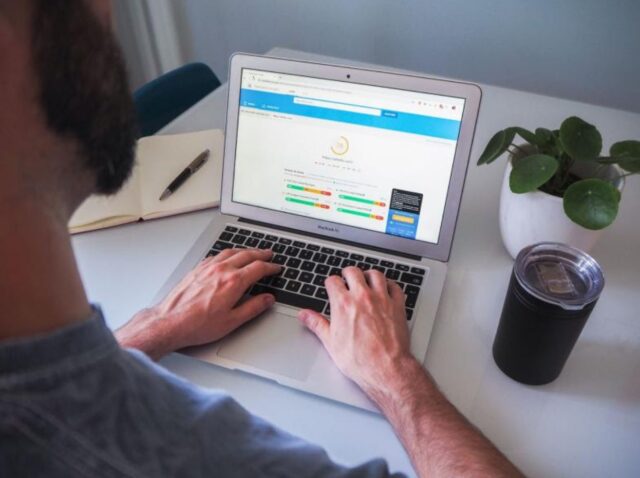
Page speed affects user experience, which can make or break your website and online business. Therefore, you should ensure that your site is loading faster to give your visitors the best user experience. This article will explain why page speed matters to your online business.
In the earlier days, when internet speeds were slow, people would sit patiently waiting for the web pages to load.
However, that’s not the case anymore. Internet speeds have increased dramatically, and online users are no longer willing to wait for slow-loading sites.
When they click on your website link, they expect it to load as fast as possible, and any delay forces them to abandon the site immediately for a much faster website.
Over time, your slow page speed will also negatively impact your user experience, page views, search engine optimization (SEO) rankings, conversion rate, and sales, among others.
To learn more about how important lowering your conversion costs is, check this article from Totempool, which usually lands great content about digital marketing topics.
For these several reasons we will explain next, you should do everything possible to ensure that your web pages are loading quickly.
So, what exactly is page speed?
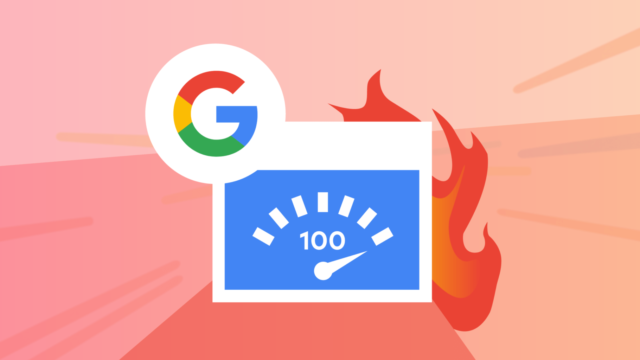
What is Page Speed?
Page speed refers to the amount of time website visitors have to wait for a particular web page to load completely.
It can also be defined as the amount of time it takes a browser to receive the initial byte of information from a web server.
Why Page Speed Matters to Your Online Business?
Now that you understand what page speed is, let’s find out why it’s essential for your online business:
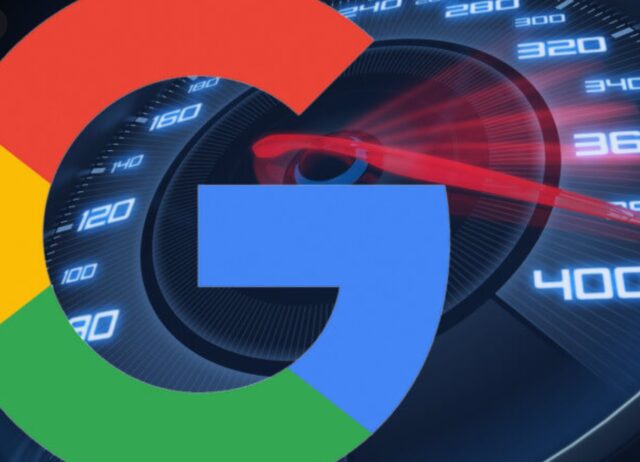
#1 Slow Page Speed Gives Potential Customers a Negative First Impression
First impressions are everything in the business world. Your web visitors and potential customers judge your business almost instantly based on the first impressions they get when they click on your website link.
The rate at which your website loads determines the first impression they form about your business. If it’s loading quickly, you’ll instantly make a good first impression on them.
This increases their chances of returning in the future because they see your business as professional and reliable.
On the other hand, if your site takes forever to load, it frustrates visitors, forcing them to leave your website for good. That negative first impression they have of your business will be so difficult to erase from their minds.
#2 Slow Speed Creates a Negative User Experience
A good user experience is all about giving your website visitors exactly what they are looking for and giving it to them as quickly as possible.
When your web pages are loading quickly, your visitors also get the information they’re looking for fast, making them happy, satisfied and improving their overall user experience.
But, if the pages take longer to load, users feel frustrated and dissatisfied, which creates a negative user experience. Such visitors are more likely to write about their negative experiences online to warn others about your business.
And as expected, this will damage your brand reputation and chase away your present and prospective customers, reducing your sales and profits drastically.
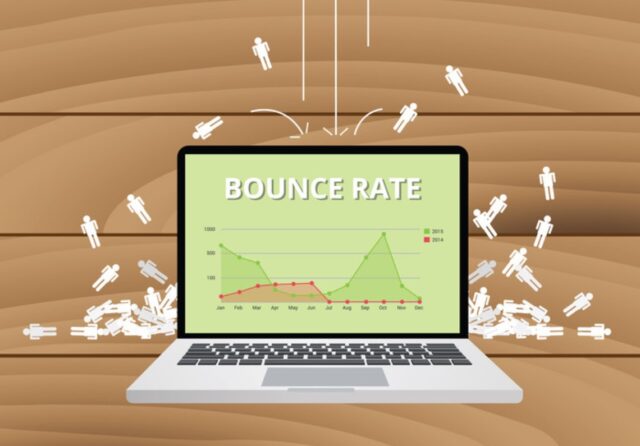
#3 Slow Speed Increases Your Website Bounce Rate
Your page speed also has a direct impact on your bounce rate. Bounce rate is the percentage of visitors who exit your website after visiting just one page.
A slow loading speed means visitors won’t stick around to view other pages on your website. And as more people abandon your site, your bounce rate also increases.
However, if your pages are loading quickly, it encourages them to stay around longer and explore other pages on your site.
Generally, visitors tend to leave a web page within the first 10-20 seconds. But, when you have a clear value proposition, it helps to hold their attention much longer, giving you a chance to convert them into long-term paying customers.
#4 Slow Speed Results in Loss of Page Views
The number of page views you get on your site also depends on how quickly your pages load.
A faster loading speed encourages users to visit more pages, resulting in more pages views, while a slower velocity forces them to bounce immediately, leading to loss of page views.
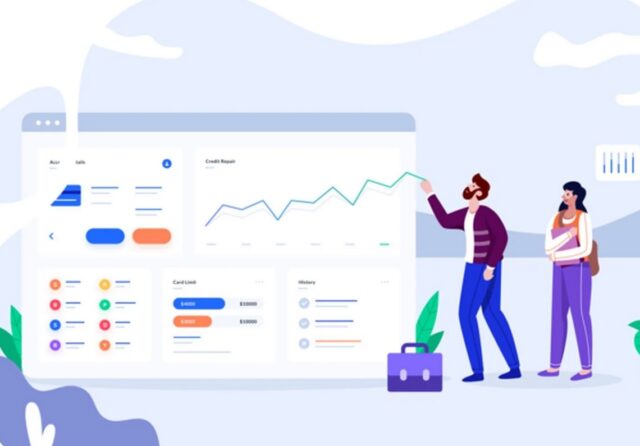
#5 Slow Speed Lowers Your Website Conversion Rate and Sales Revenues
Conversion rate is when your website visitors accomplish the desired action, i.e., signing up for your newsletter, buying your products/services, etc.
Visitors tend to stay longer and convert at a higher rate in fast-loading websites compared to slow-loading ones. Therefore, if your page speed is still loading slowly, your conversion rate, sales, and profits will hurt.
Over time, your business growth will also be stunted as customers and partners stay away from your brand. Eventually, you’ll be forced to close the business down when you have no more customers to sell to.
#6 Slow Speed Lowers Your Search Engine Optimization (SEO) Rankings
Lastly, Google recognizes the impact of page loading speed on user experience and satisfaction. That’s why it announced in 2010 that page speed would be a ranking factor for mobile and desktop websites.
Since then, fast-loading pages have been ranked higher on Google, while slow-loading ones are penalized.
Another thing worth mentioning is that Google crawlers have a limited amount of time to crawl every website. This means that if your page speed is slow, the crawlers can only crawl a few pages on your site within the allocated time.
Consequently, only a few of your pages will get indexed. And as you may already know, the fewer indexed pages you have, the less likely your website will rank for specific keywords.
On the flip side, if you have a fast page speed, it encourages Google crawlers to crawl more pages and discover new content on your site.
Even if your SEO rankings remain the same, you’ll have more pages ranking for specific keywords, which will improve the overall organic traffic your website receives significantly.
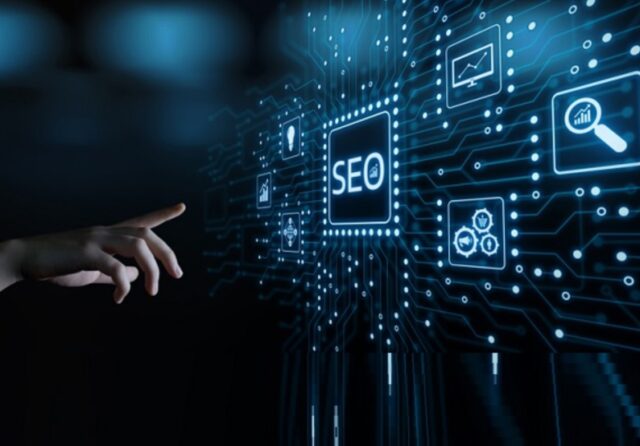
How Fast Should Your Web Page Load?
Before you start working on improving your page loading speed, it’s essential first to know the acceptable page speed and your current page speed.
According to Google benchmark report findings published in 2017, the acceptable speed is 3 seconds or less. So, this should be your goal as you optimize your website for faster loading.
Analyzing Your Page Speed
You can use several different tools to check how fast your pages are currently loading, but Google provides a free one called PageSpeed Insights.
This tool is pretty straightforward to use, and it not only tells you the speed score of your page (categorized into slow, average, and fast) and suggests the things you can do to speed it up. So, be sure to check it out.
Overall, page speed should be part and parcel of your digital marketing strategy if you want your online business to succeed in the long term.
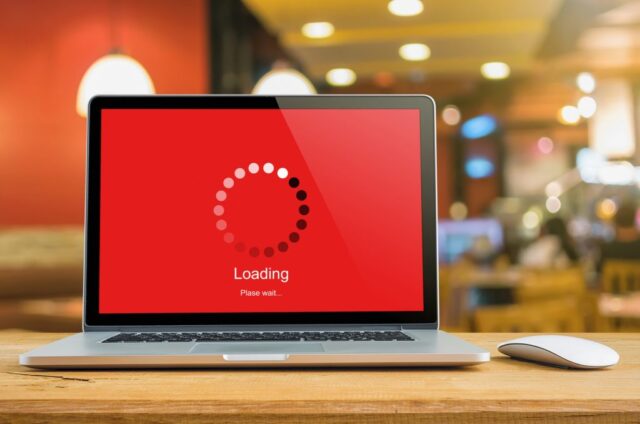
It’s vital for creating a positive user experience, which increases your page views, SEO rankings, conversions, sales, and profits. So, make sure to analyze your current page speed and take the necessary steps to reduce it to 3 seconds or less.









